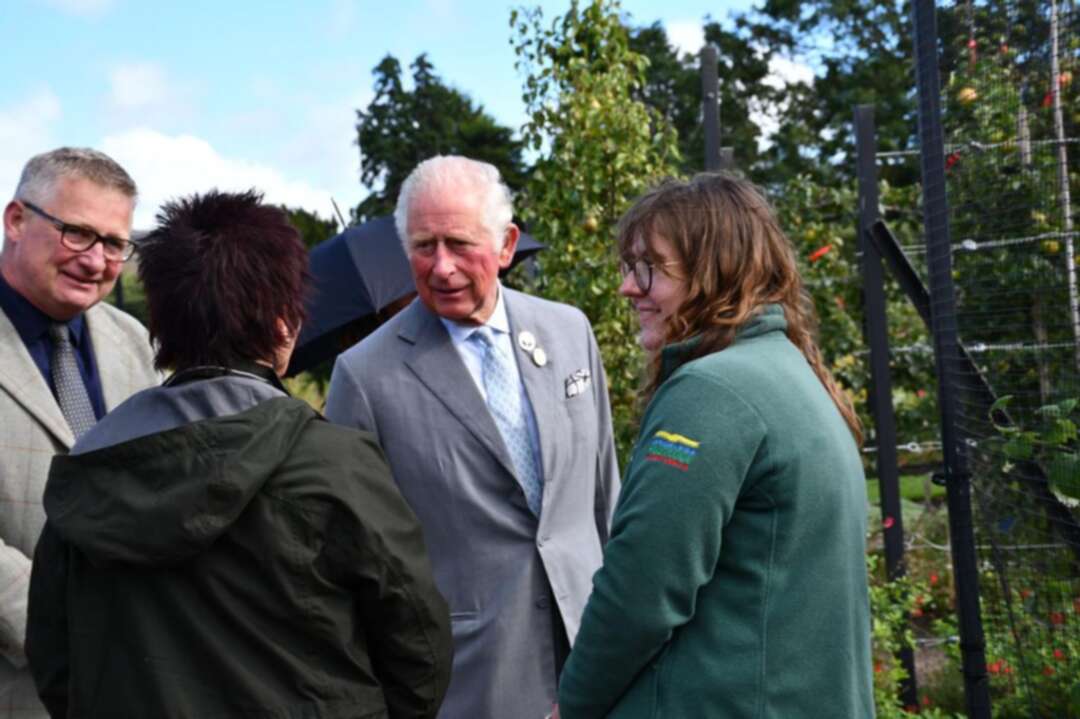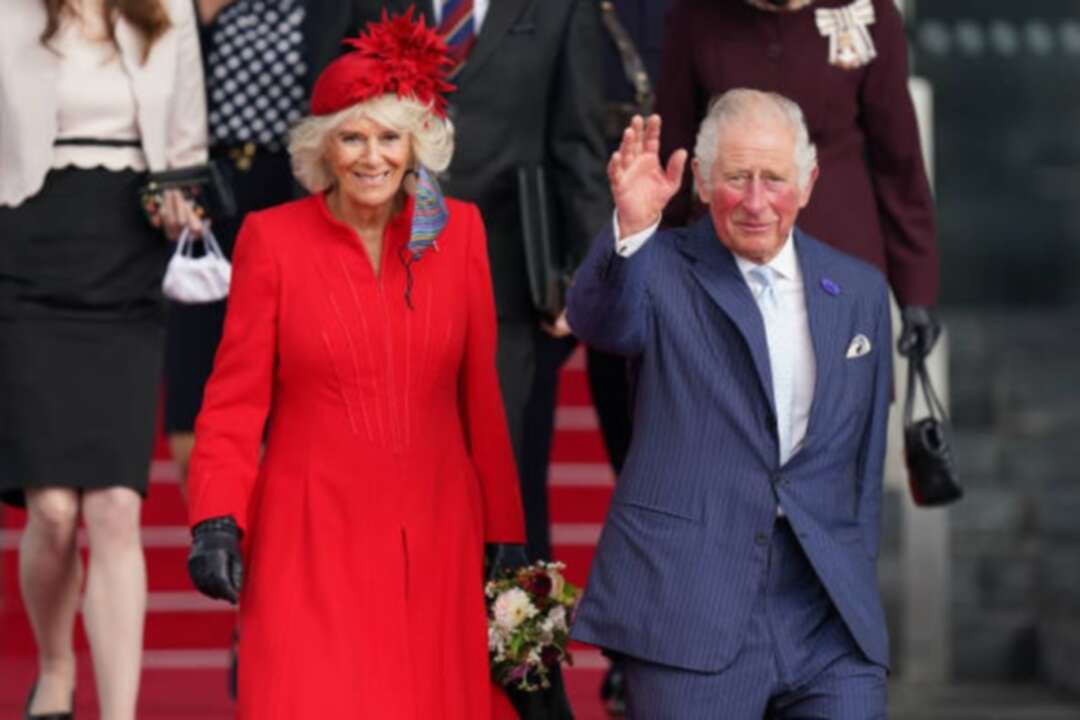-
Prince Charles tests positive for COVID-19 for a second time

The Channel News Asia reported, citing media outlets, Prince Charles' office said on Thursday (Feb 10), the Prince has tested positive for COVID-19, adding that it is the second time that the heir to the British throne has contracted the disease.
His office, Clarence House, said, Charles, 73, had been due to attend an event in Winchester, in southwestern England, to mark the 70th anniversary of the accession of his mother Queen Elizabeth and was "deeply disappointed" he could no longer attend.
It said in a statement on Twitter: "This morning The Prince of Wales has tested positive for COVID-19 and is now self-isolating."
The report said that there was no immediate comment on his condition or when he last saw his 95-year-old mother.
It mentioned that on Wednesday, the prince attended a reception for the British Asian Trust where pictures showed him chatting to other guests including British finance minister Rishi Sunak. Health minister Sajid Javid and interior minister Priti Patel were also among those who were due to attend.

Charles, who said in December both he and his wife Camilla had received their COVID-19 vaccine booster shots, previously tested positive for the virus in March 2020 when he said he had been "lucky" to have suffered only mild symptoms.
Prince Charles and Camilla urge anyone hesitating to get Covid vaccine
Prince Charles to open AstraZeneca research and development facility on Tuesday
He spent seven days in self-isolation at his Birkhall home in Scotland before resuming his duties. Charles's son Prince William also contracted COVID-19 shortly after his father in 2020.
Camilla was still performing engagements in London on Thursday. She said she was "very, very honoured" and "very touched" by Elizabeth publicly stating her desire that Charles's second wife should become Queen Consort when he becomes king.
Source: cna
You May Also Like
Popular Posts
Caricature
BENEFIT Sponsors BuildHer...
- April 23, 2025
BENEFIT, the Kingdom’s innovator and leading company in Fintech and electronic financial transactions service, has sponsored the BuildHer CityHack 2025 Hackathon, a two-day event spearheaded by the College of Engineering and Technology at the Royal University for Women (RUW).
Aimed at secondary school students, the event brought together a distinguished group of academic professionals and technology experts to mentor and inspire young participants.
More than 100 high school students from across the Kingdom of Bahrain took part in the hackathon, which featured an intensive programme of training workshops and hands-on sessions. These activities were tailored to enhance participants’ critical thinking, collaborative problem-solving, and team-building capabilities, while also encouraging the development of practical and sustainable solutions to contemporary challenges using modern technological tools.
BENEFIT’s Chief Executive Mr. Abdulwahed AlJanahi, commented: “Our support for this educational hackathon reflects our long-term strategic vision to nurture the talents of emerging national youth and empower the next generation of accomplished female leaders in technology. By fostering creativity and innovation, we aim to contribute meaningfully to Bahrain’s comprehensive development goals and align with the aspirations outlined in the Kingdom’s Vision 2030—an ambition in which BENEFIT plays a central role.”
Professor Riyadh Yousif Hamzah, President of the Royal University for Women, commented: “This initiative reflects our commitment to advancing women in STEM fields. We're cultivating a generation of creative, solution-driven female leaders who will drive national development. Our partnership with BENEFIT exemplifies the powerful synergy between academia and private sector in supporting educational innovation.”
Hanan Abdulla Hasan, Senior Manager, PR & Communication at BENEFIT, said: “We are honoured to collaborate with RUW in supporting this remarkable technology-focused event. It highlights our commitment to social responsibility, and our ongoing efforts to enhance the digital and innovation capabilities of young Bahraini women and foster their ability to harness technological tools in the service of a smarter, more sustainable future.”
For his part, Dr. Humam ElAgha, Acting Dean of the College of Engineering and Technology at the University, said: “BuildHer CityHack 2025 embodies our hands-on approach to education. By tackling real-world problems through creative thinking and sustainable solutions, we're preparing women to thrive in the knowledge economy – a cornerstone of the University's vision.”
opinion
Report
ads
Newsletter
Subscribe to our mailing list to get the new updates!






















